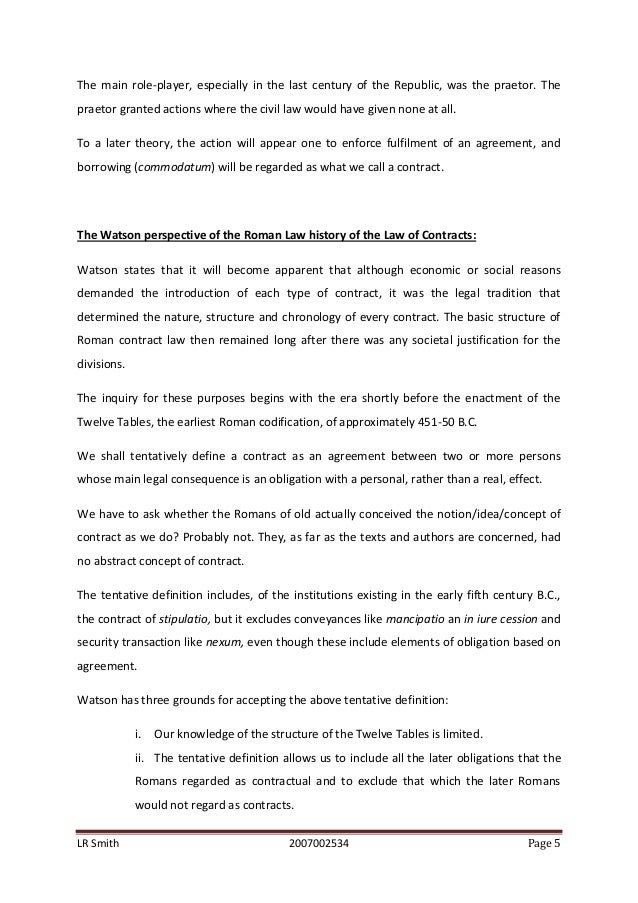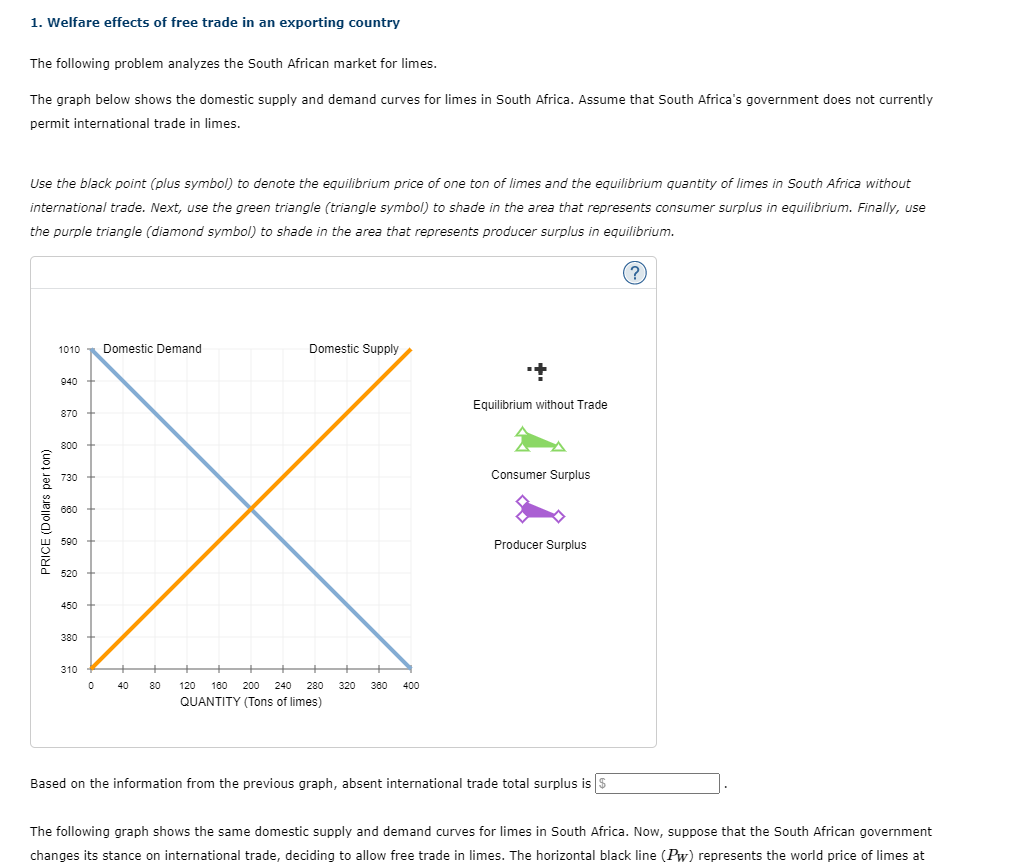In the realm of commerce, a brand’s identity plays a pivotal role in shaping its reputation and forging enduring connections with customers. Trade marks stand as the guardians of these distinctive marks, safeguarding them from potential infringement and enabling businesses to reap the rewards of their intellectual prowess. In South Africa, the legal framework surrounding trade marks is both robust and dynamic, providing a sound foundation for entrepreneurs and brand owners to establish and defend their valuable assets.

Image: templates.esad.edu.br
This comprehensive guide aims to demystify the intricacies of trade mark law in South Africa, elucidating the fundamental principles, empowering you with practical insights, and highlighting the latest developments in this ever-evolving legal landscape.
Understanding Trade Marks: A Definition and Its Significance
A trade mark is a distinctive sign or identifier that distinguishes the goods or services of one undertaking from those of others. It can manifest in various forms, including words, slogans, logos, or a combination thereof. By registering a trade mark, businesses acquire exclusive rights to use and prevent others from using identical or similar marks that could cause confusion among consumers.
In South Africa, trade marks are regulated under the Trade Marks Act (Act 194 of 1993). The Act sets forth the criteria for registering a trade mark, the rights and obligations of trade mark owners, and the remedies available in case of infringement.
Essential Elements of a Strong Trade Mark
To secure a successful trade mark registration, it is crucial to craft a mark that is distinctive and memorable. The following attributes contribute to the strength of a trade mark:
- Originality and distinctiveness: The mark should be unique and easily distinguishable from existing marks in the marketplace.
- Memorability and simplicity: Consumers should be able to recall and recognize the mark effortlessly.
- Relevance to the business: The mark should convey the nature of the goods or services it represents.
- Protectable under law: The mark should not fall within prohibited categories, such as generic or descriptive terms.
The Registration Process: Steps and Considerations
The registration process for trade marks in South Africa involves several key steps:
1. Search and Availability: Conduct a thorough trade mark search to ensure that the desired mark is not already registered or pending registration by another party.
2. Filing the Application: Submit a comprehensive application to the Companies and Intellectual Property Commission (CIPC), providing details such as the mark, the goods or services it covers, and the applicant’s information.
3. Examination and Objection: The CIPC will examine the application for compliance with the Trade Marks Act. If objections arise, the applicant will have an opportunity to respond.
4. Acceptance and Publication: Upon successful examination, the mark will be accepted and published in the Trade Marks Journal.
5. Opposition: Third parties may file oppositions to the proposed registration if they believe it infringes upon their rights.
6. Registration: After resolving any oppositions, the mark will be officially registered and published in the Trade Marks Journal, granting the owner exclusive rights for a period of 10 years, renewable indefinitely.

Image: www.chegg.com
Infringement and Remedies: Safeguarding Trade Marks
Trade mark infringement occurs when a third party uses or exploits a registered trade mark without the owner’s consent, in a manner that is likely to cause confusion among consumers. Remedies for trade mark infringement include:
- Interdict: A court order prohibiting the infringer from further use of the mark.
- Damages: Monetary compensation for losses suffered by the trade mark owner.
- Confiscation and destruction: The seizure and disposal of infringing goods.
To protect their trade marks from infringement, owners should actively monitor the marketplace, take prompt action against infringers, and consider registering their marks internationally if they operate in multiple jurisdictions.
The Evolving Landscape of Trade Mark Law in South Africa
The South African trade mark landscape is subject to continuous evolution and modernization. Some of the latest developments include:
- The Madrid Protocol: South Africa’s accession to the Madrid Protocol enables trade mark owners to file a single international application for registration in multiple countries.
- Non-traditional trade marks: The Act has been amended to recognize and protect non-traditional trade marks, such as sound marks, smell marks, and shape marks.
- Online enforcement: The CIPC has implemented online tools to facilitate the registration and enforcement of trade marks in the digital realm.
Trade Mark Law In South Africa
https://youtube.com/watch?v=KBOq5Zlln3s
Conclusion: The Importance of Trade Mark Protection
In an increasingly competitive business environment, trade marks serve as indispensable tools for protecting a company’s reputation, fostering customer loyalty, and driving commercial success. By understanding the intricacies of trade mark law in South Africa, businesses can effectively safeguard their intellectual property, differentiate themselves in the marketplace, and unlock the full potential of their brands.






